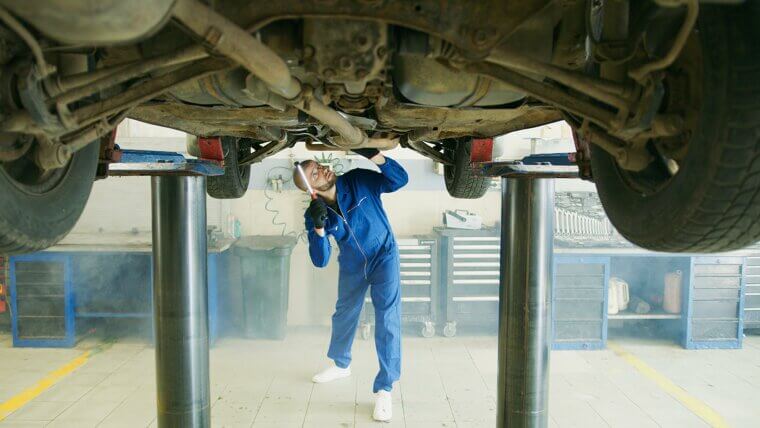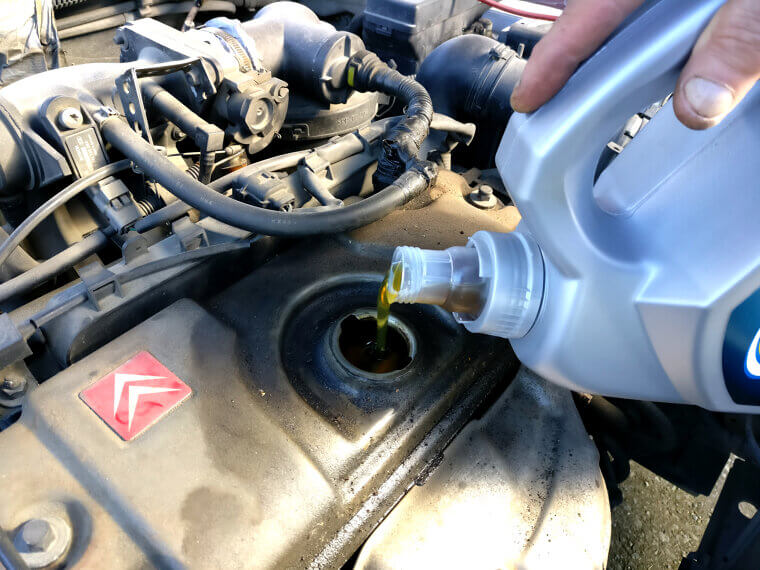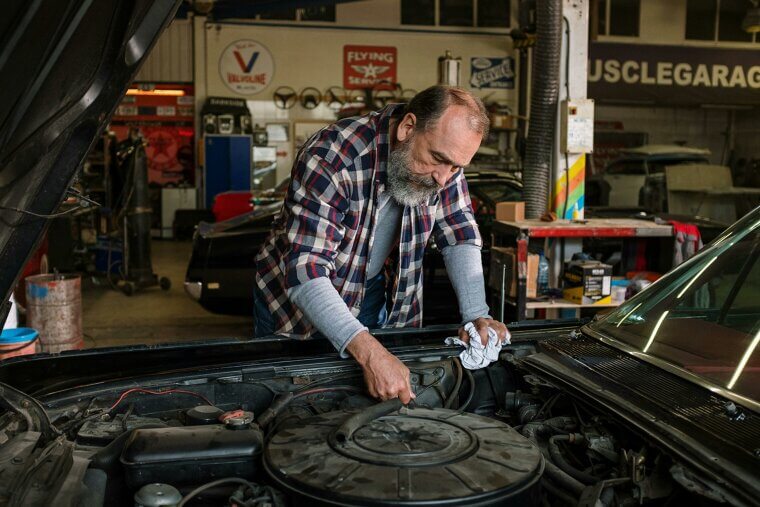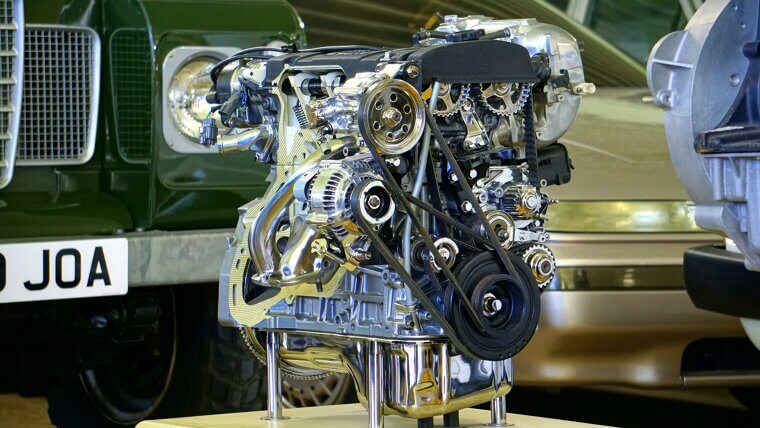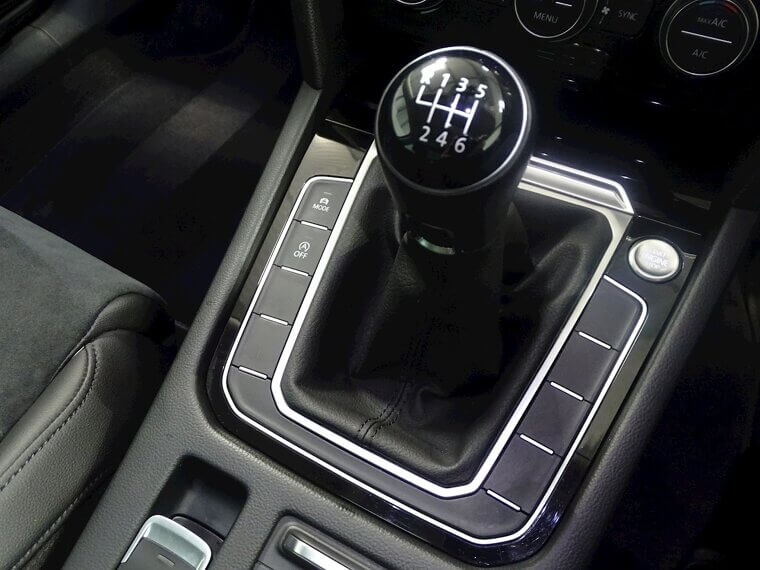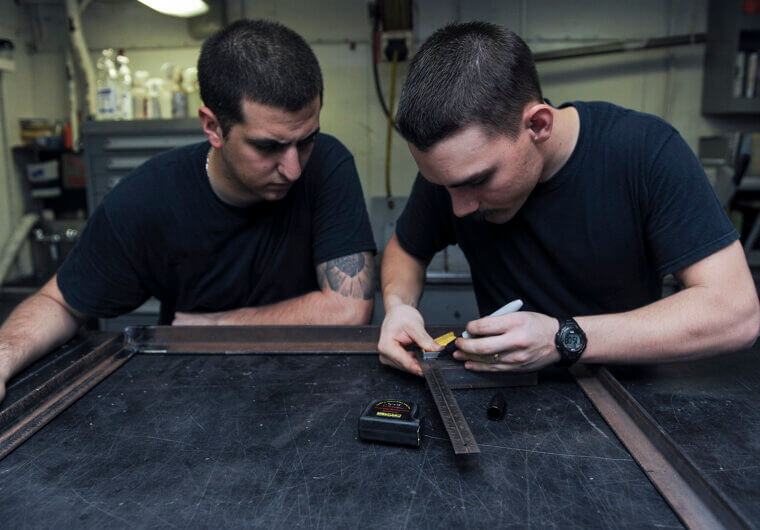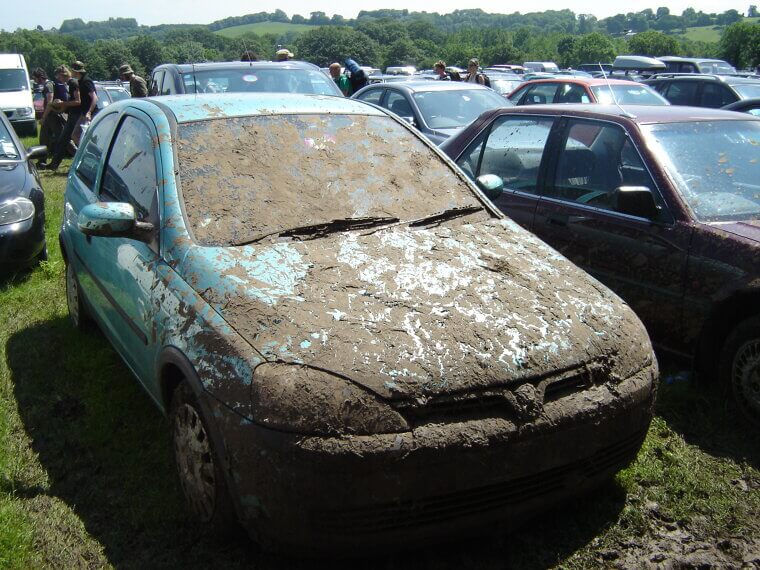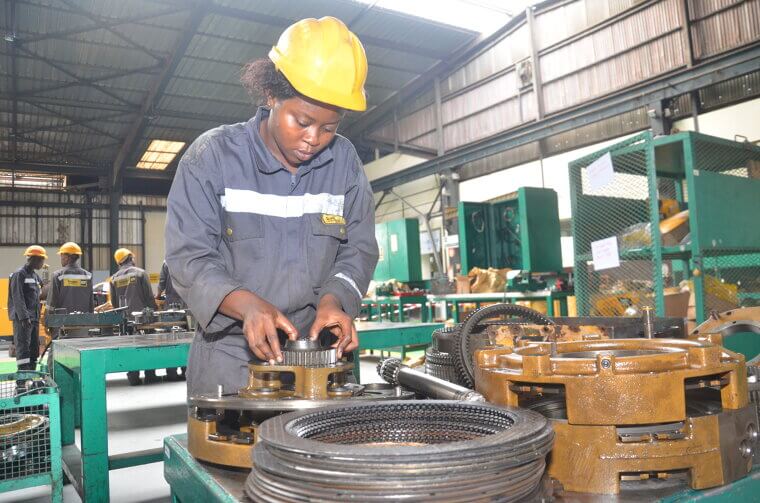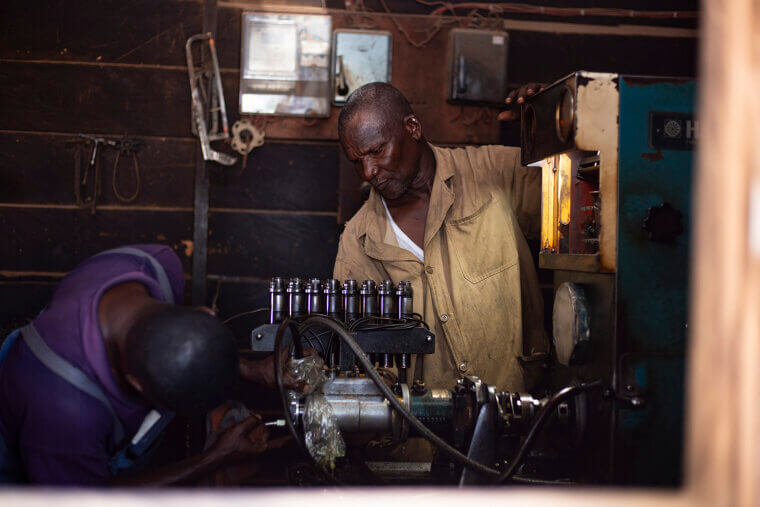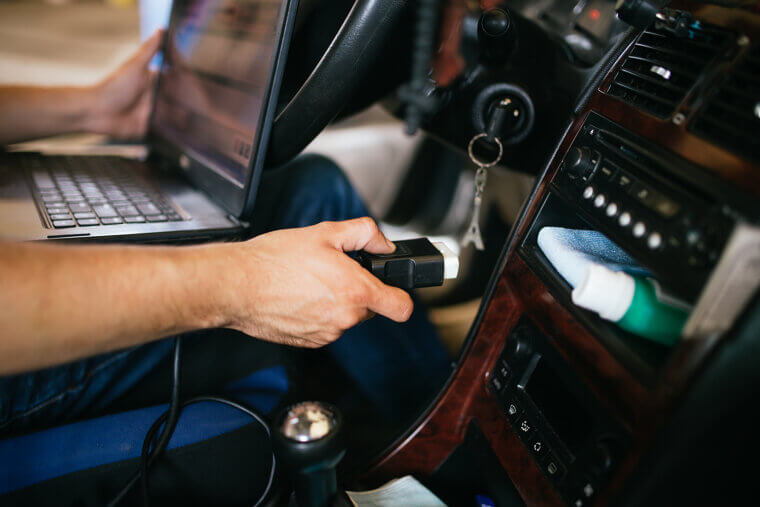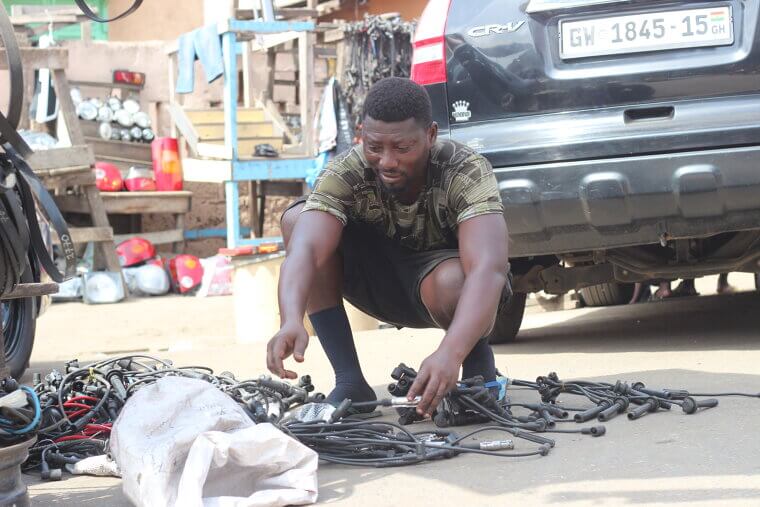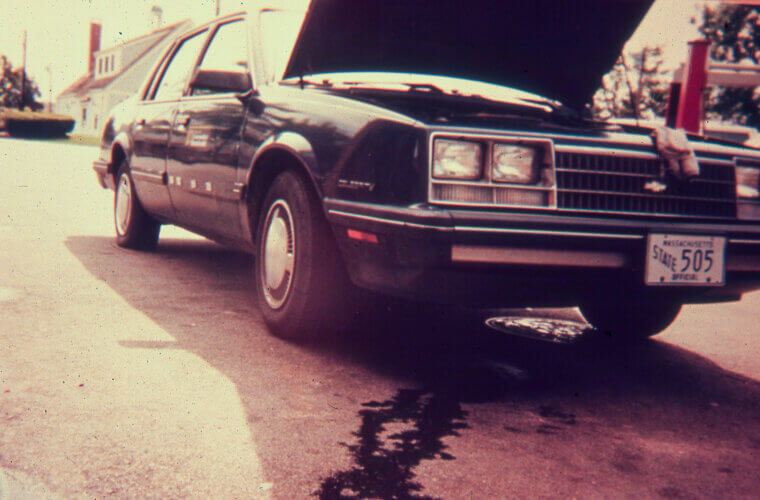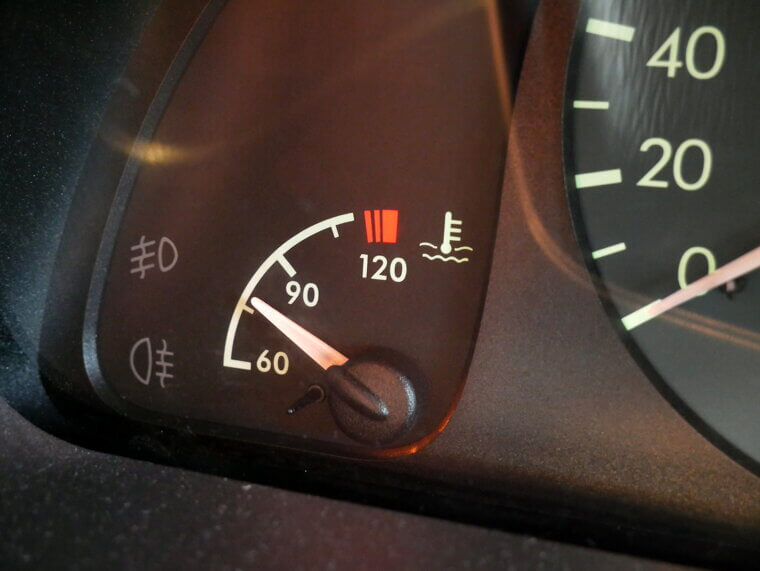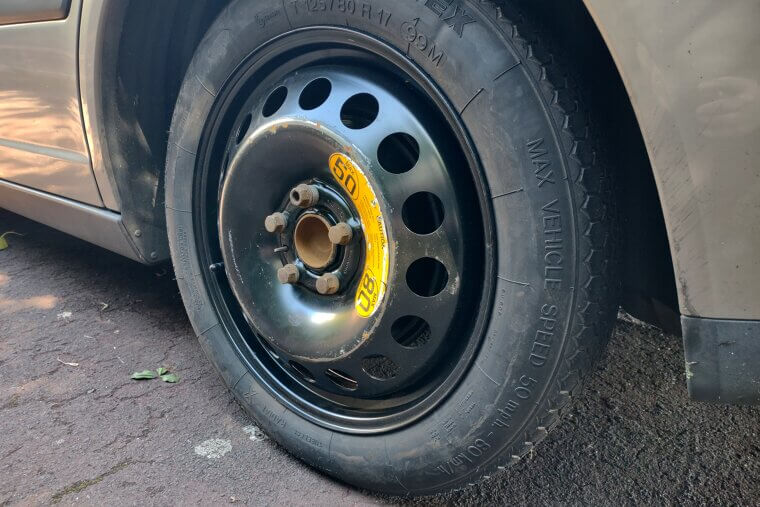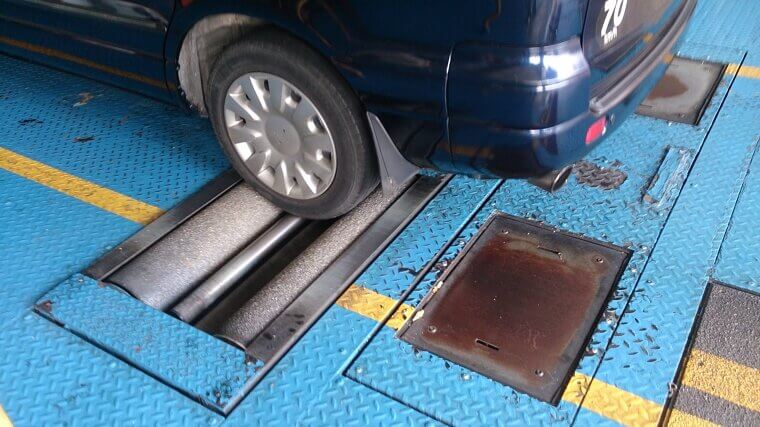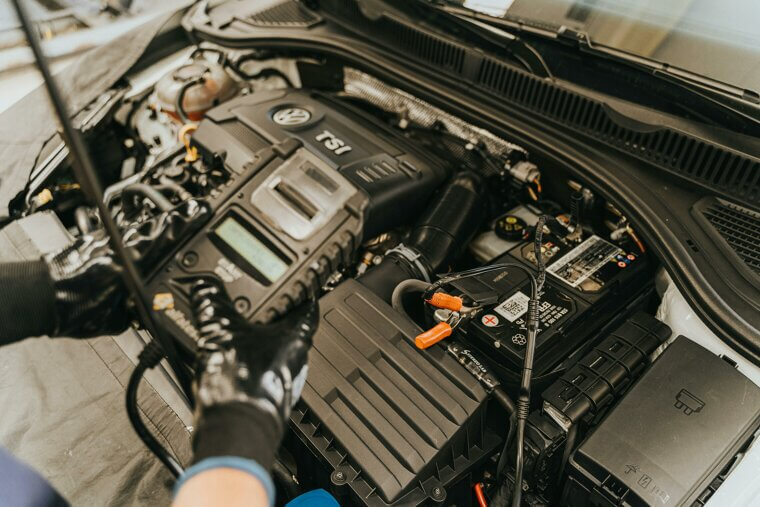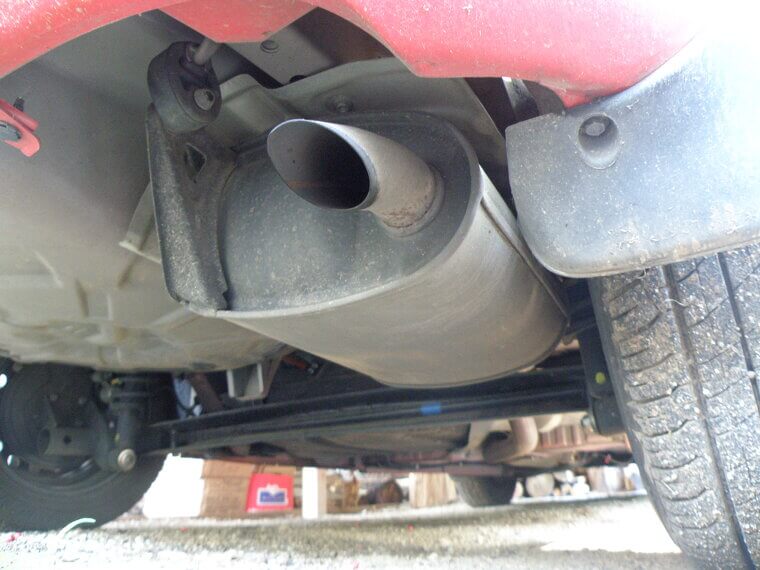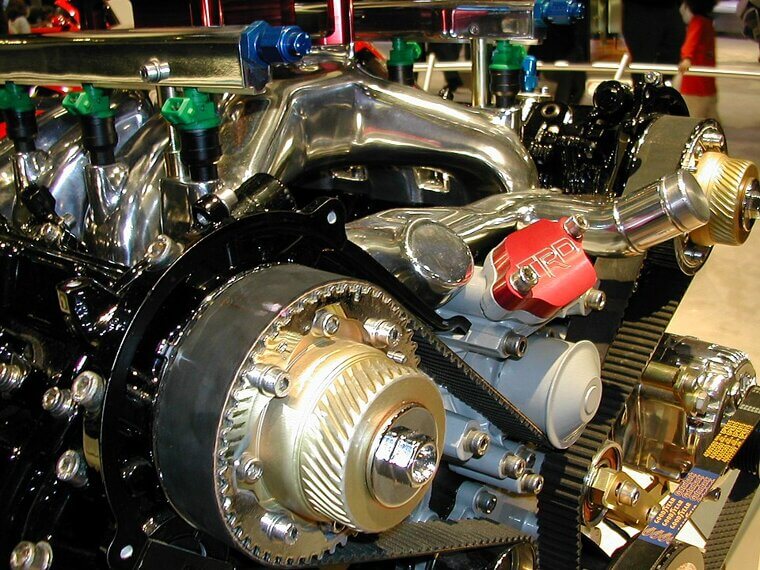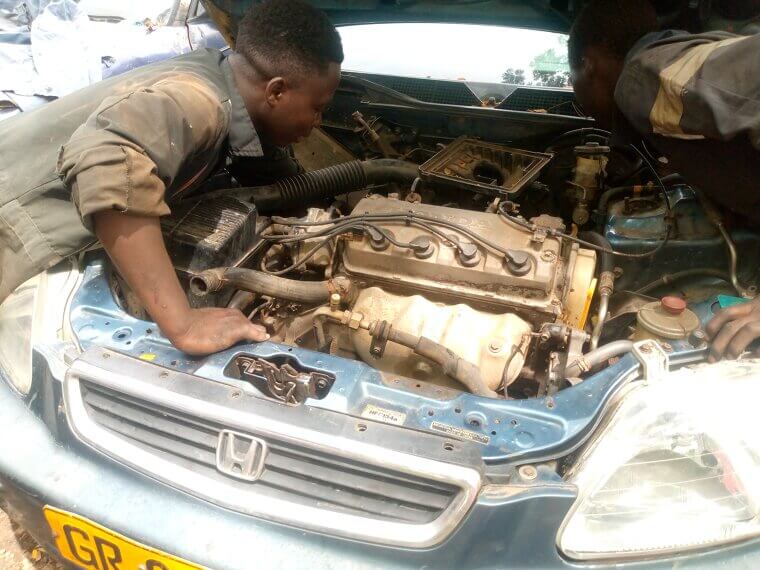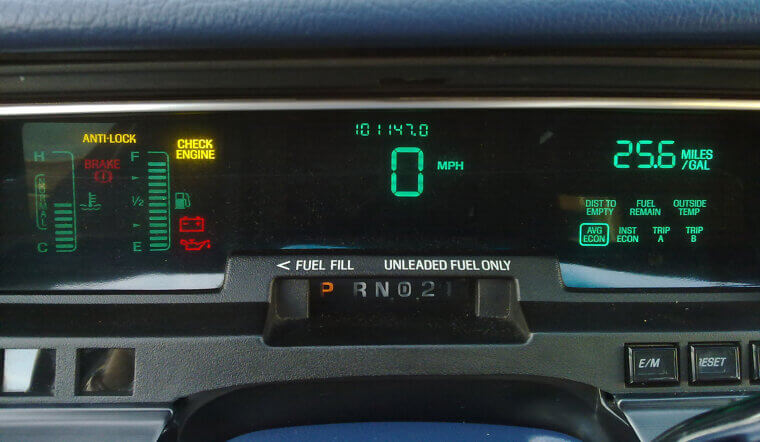Your Mechanic Wants You to Treat Your Car Better
We can all agree that vehicle issues can be a nuisance and that a trip to the mechanic is less than ideal, but did you know there are things you can stop doing to prevent this? If not, then continue reading to uncover the bad auto habits your mechanic wants you to stop doing.
Putting Fluids In The Wrong Places
You might be surprised at how frequently this happens. It's crucial to pay attention to where you put fluids in your automobile, as placing the wrong fluid in the wrong place can be costly.
Not Driving Your Car At All
Your car was made to be driven, not stared at. If you leave your car parked for a week or more, issues are likely to happen. No one wants to deal with car problems after a nice holiday! Install a smart charger if you plan on leaving your car stationary for over a week.
Calling Repeatedly For Updates
Patience is a virtue, as the saying goes. Usually, your mechanic is just busy fixing your car or someone else's; don’t worry, they aren't trying to hide anything from you. Making frequent calls may cause them to slow down and eventually result in a longer wait for your car to be returned.
Haggling Over Repair Prices
Any service done by a dealership or small mechanic is priced that way for a reason. Major auto repairs require a great deal of experience, knowledge, and time. When it comes to the price of their labor, mechanics are not interested in haggling, so don’t waste your time.
Shifting To Reverse While Moving
While your automobile is in motion, you run the risk of damaging it if you shift from drive to reverse or vice versa. If you do this, you’re risking damage to your Electronic Transmission Selector Switch, which can cost a pretty penny to fix.
Withholding Information From Your Mechanic
Mechanics look for the issue for you, so withholding information from them will not only extend the time your car is in the shop but could also result in a higher price tag. You wouldn’t want that, so be sure to be completely transparent.
Bringing In A Dirty Car
Mechanics don’t want to have to work around fast-food garbage or search through your crowded trunk for a spare. Mechanic service centers are already dirty, so keep your car clean for their sake, if not for your own.
Complaining About Shop Supply Charges
The main fact is that shop supplies are an actual expense that is directly associated with your car's repair. Therefore, you will have to pay for them somehow. Shop owners do not profit greatly from the shop supply price on your invoice, we assure you.
Telling Mechanics What To Repair
Trying to tell your mechanic what to fix does nothing but waste time. Sure, they’ll let you talk, but this won’t save time or money as they still need to do a diagnostic check either way. If you’re correct, your mechanic will find the same issue anyway, so don’t panic!
Expecting A Free Diagnosis
It can take an hour or longer for a highly qualified professional to do a complete diagnosis - they don’t do it just for fun. Additionally, shops frequently charge a premium rate for this service to fund the specialized equipment, as diagnostic technicians are typically the highest-paid technicians.
Bringing Your Own Parts
You wouldn’t bring a microwave meal to a restaurant and expect them to just heat it up, would you? The same applies to mechanics. Even if you did bring your own parts, they’re likely not what they need, and you’ll be charged for parts anyway.
Ignoring Oil Stains On Your Driveway
Large, wet, greasy streaks on your driveway indicate that the fluid is likely low and that a seal or gasket is leaking in your engine, power steering, brakes, or gearbox. A brake fluid leak poses a serious safety risk; get it checked out right away.
Driving Your Car When It’s Overheated
Coolant leaks, malfunctioning water pumps, radiator fans, and other issues can cause engines to overheat. Simply stopping for a couple of minutes won’t solve the problem; you need to get a diagnosis.
Driving On Worn Tires
It’s understandable that you want to stretch the life of your tires for as long as possible, considering how expensive they are. However, lowering your tires to the legal maximum of 2/32-inch may end up costing you more in the long run.
Shopping For The Lowest Price When Fixing Brakes
Depending on the vehicle and labor expenses in the area, a typical brake job from a reputable shop costs between $250 and $350. If you’re paying less, I hate to break it to you, but they’ll likely break again in the next couple of months.
Buying A Used Car Without An Inspection Report
Most people who buy their car ‘used’ simply base their decision on the look of the vehicle. Haven’t you ever heard of ‘don’t judge a book by its cover’? Just take the time to examine the dipstick, look under the hood, and test-drive it. These quick inspections will identify hidden issues and save you a lot of money.
Ignoring Smells
Any kind of odd smell coming from your car is never good news. An odor of burning oil indicates that fluids or oil are seeping onto the hot exhaust and engine parts. This would result in an engine repair, which can absolutely break your bank.
Ignoring Unusual Noises
Squealing, screaming, grinding, rumbling, clicking, or clunking sounds are not produced by well-maintained vehicles. A drive belt issue may be indicated by a screeching sound, which is a relatively simple and inexpensive fix.
Waiting Too Long On Routine Maintenance
Routine maintenance is more crucial than ever because late-model automobiles and trucks are constructed to more precise specifications. You should reconsider if you believe that your mechanic is simply trying to get a paycheck.
Ignoring Your Warning Lights
Drivers frequently believe that a check engine light may be ignored because "it's just an emissions problem." Sure, that might have been true in the 80’s, but times change! This light can now indicate a number of serious vehicle issues.

